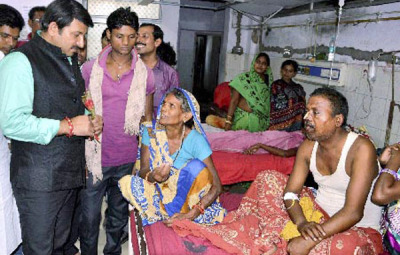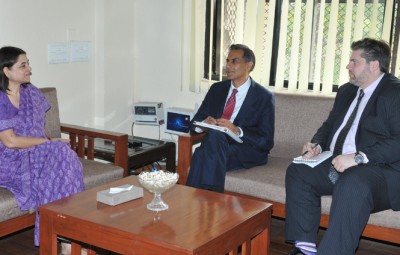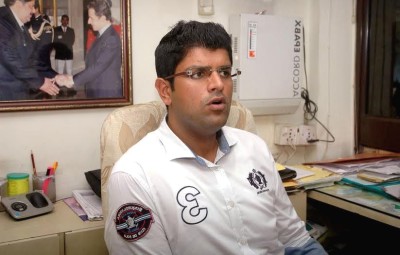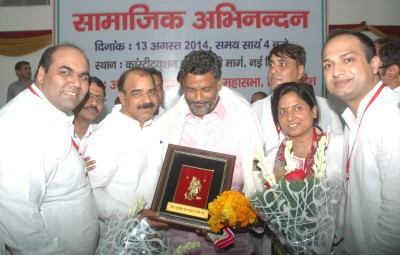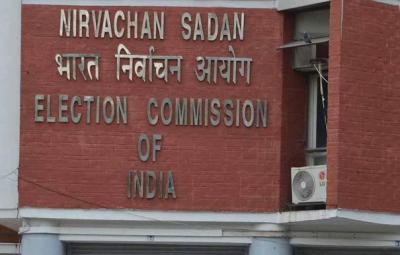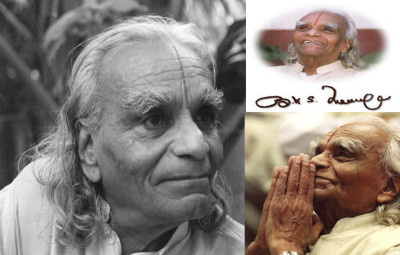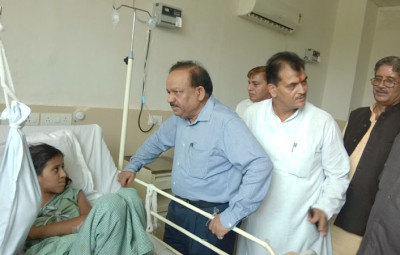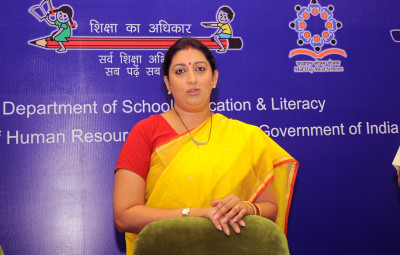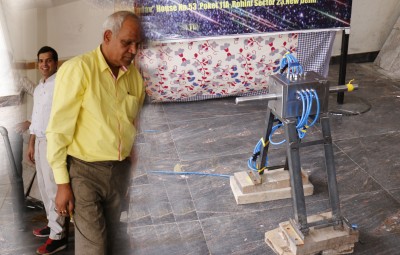New Delhi:- Journalism as a dynamic profession catering to public enlightenment is subject to constant change. In this Age of Constant Technological change and resultant disruptions, it is very difficult to maintain continuity, accountability and credibility in Media. Indian Polity and society as a whole is undergoing rapid and disruptive changes and this process of Transformation is affecting the Media too. There is an explosive expansion in this field and the contours are changing fast. In the age of Satellite Television and explosion of social media, the whole process of news gathering, dissemination, presentation, and consumption and selling have undergone a sea change. Promotion of Business Interests, Monopolistic structures, Advertorials, Paid News and too much entanglements of news with Politics and Politicians have led to a situation where the authencity and credibility of News Media is at stake. Add to this, growing sensationalism and the breakneck speed of the coverage, Pressure of instant news in the face of social media which is literally 24*7 format, growing sensationalism and rising materialistic aspiration and needs, Media professionals are being subjected to growing clamour for abiding by some ethical standards.
It is against this background that the latest move by the Society of Professional Journalist (SPJ) which held its session in Nesville, USA, in sept. 2014, to adopt a new code of ethics at the “excellence in journalism” convention should be welcomed. The code, named `Sigma Delta Chi`s Code; borrowed from American Editors Conference in 1926 and renewed in 1986, 1996 and 2014 encompass all media and included all who call themselves Journalist. In a rare initiative, this debate around means and ends in Journalism, the focus is being shifted from
The SPJ has tried to create a set of boundaries which will generate better public information while observing a set of abiding principles. The code lays down Four Principles as foundation of Ethical journalism a)seek Truth and Report it b)Minimize harm c) Act independently d)Be accountable and transparent. The emphasis is on identifying and verifying sources clearly and test their reliability and motivation before granting them anonymity so that the same is not used as a License to criticise.
There are other dos and donots which can be useful and relevant in all forms of media- Print, Electronics, Radio and other Digital Platforms. For example, the code talks of the need for the journalists to stop paying for access to News or use the undercover methods like sting as a last resort only. It also exhorts Journalists to keep on updates during the life of a news story and the scribe should not compromise accuracy for the sake of speed or demand of a particular format. It says that Responsible Journalism knows many sides of a story and does not favour cutting corners or oversimplification of complex issues because of “deadline” pressures or “going viral”.
We, at Power Press organization true to our motto of providing an International platform to editors and senior journalists for expressing their minds and empowering themselves, heartily welcome this initative aimed at establishing Responsible Journalism. We also welcome the initative taken by the English Daily,` The Hindu’ in its Reader`s Editor Column. We believe that in 21st century, power of the Press should be felt throughout the system for its transformatory abilities and social accountability. It calls for a resolve by all stake holders to abide by ethical code of positivity, accountability, transparency, justice and public good. A tall order Indeed, but the debate must start.
(The Author is president, Power Press org.,New Delhi )

